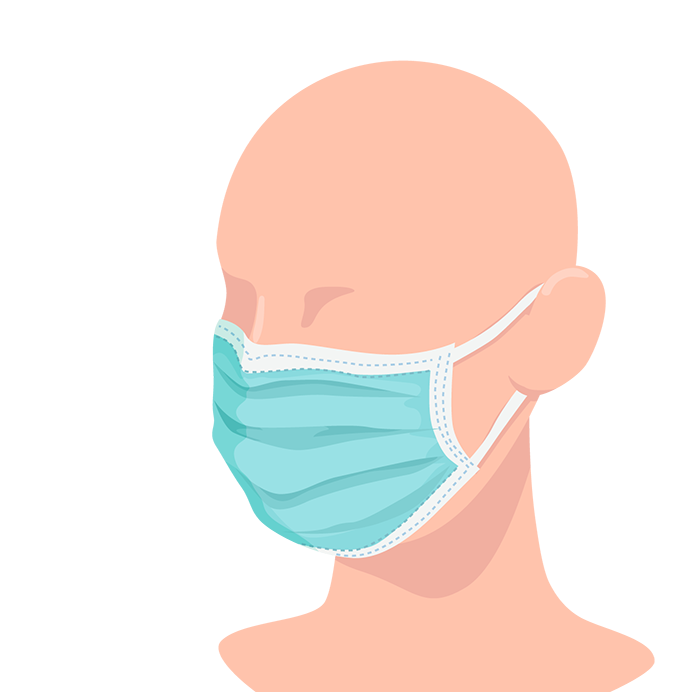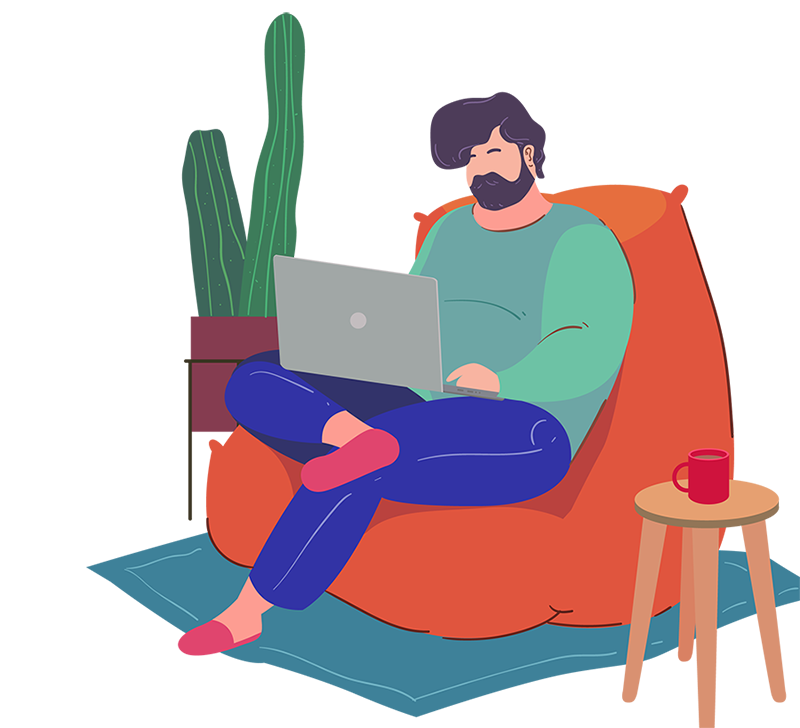You can take steps to protect yourself and others during a COVID-19 outbreak
The best way to prevent Covid-19 is to avoid exposing yourself to this virus. Protect yourself and your family by respecting the actions taken by the state and the public health department, the virus spreads mainly from person to person.







